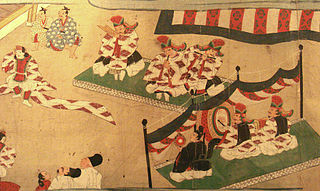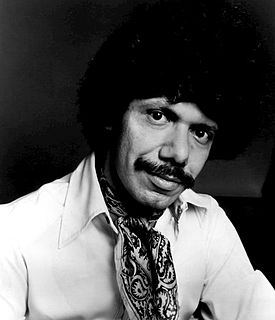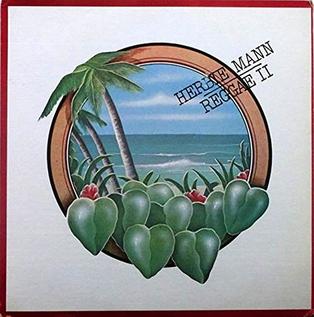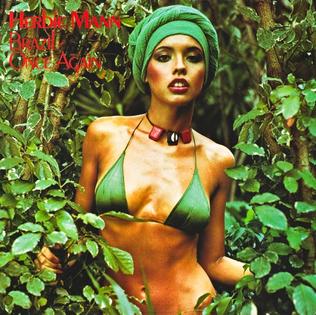
The music of Japan includes a wide array of distinct genres, both traditional and modern. The word for "music" in Japanese is 音楽 (ongaku), combining the kanji 音 on (sound) with the kanji 楽 gaku. Japan is the world's largest market for music on physical media and the second-largest overall music market, with a retail value of US$2.7 billion in 2017.
Gagaku is a type of Japanese classical music that was historically used for imperial court music and dances. Gagaku was developed as court music of the Kyoto Imperial Palace, and its near-current form was established in the Heian period (794-1185) around the 10th century. Today, it is performed by the Board of Ceremonies in the Tokyo Imperial Palace.

The biwa is a Japanese short-necked wooden lute traditionally used in narrative storytelling. The biwa is a plucked string instrument that first gained popularity in China before spreading throughout East Asia, eventually reaching Japan sometime during the Nara period (710-794). Typically 60 centimetres (24 in) to 106 centimetres (42 in) in length, the instrument is constructed of a water drop-shaped body with a short neck, typically with four strings. In Japan, the biwa is generally played with a bachi instead of the fingers, and is often used to play gagaku. One of the biwa's most famous uses is for reciting The Tale of theHeike, a war chronicle from the Kamakura period (1185-1333). In previous centuries, the predominant biwa musicians would have been blind monks, who used the biwa as musical accompaniment when reading scriptural texts.

Toshi Ichiyanagi is a Japanese avant-garde composer and pianist. One of the leading composers in Japan during the postwar era, Ichiyanagi has worked in a range of genres, composing Western-style operas and orchestral and chamber works, as well as compositions using traditional Japanese instruments. Ichiyanagi is known for incorporating avant-garde techniques into his works, such as chance music, extended technique, and nontraditional scoring. Ichiyanagi was married to artist Yoko Ono from 1956 to 1962.

Traditional Japanese music is the folk or traditional music of Japan. Japan's Ministry of Education classifies hōgaku as a category separate from other traditional forms of music, such as gagaku or shōmyō, but most ethnomusicologists view hōgaku, in a broad sense, as the form from which the others were derived. Outside of ethnomusicology, however, hōgaku usually refers to Japanese music from around the 17th to the mid-19th century. Within this framework, there are three types of traditional music in Japan: theatrical, court music, and instrumental.

Chick Corea (1941–2021) was an American jazz pianist and composer born on June 12, 1941, in Chelsea, Massachusetts. Chick started learning piano at age four. He recorded his first album in 1966 with Tones For Joan's Bones. Corea performed with Blue Mitchell, Willie Bobo, Cal Tjader, and Herbie Mann in the mid-1960s. In the late 1960s, he performed with Stan Getz and Miles Davis. He became a role model for many young jazz pianists of the 1970s. He is often ranked with Herbie Hancock and Keith Jarrett as one of the most important pianists to appear after Bill Evans and McCoy Tyner, and he composed such prominent jazz standards as "Spain", "La Fiesta", and "Windows".
Sam Brown was an American jazz guitarist.
Patrick Earl "Pat" Rebillot is an American pianist and composer.
This is a Herbie Mann discography. Mann spent his early years recording for a number of jazz oriented record labels, and signed with Atlantic Records in 1961. He recorded with them through the 1960s and 1970s, including their subsidiary Cotillion Records, where he ran his own imprint, Embryo Records, in the 1970s, for his records as well as other musicians. Mann also ran two independent record labels, Herbie Mann Music in the 1980s, and during the 1990s, Kokopelli Records. Minor reissues are not noted.

Surprises is an album by jazz flautist Herbie Mann featuring singer Cissy Houston which was released on the Atlantic label in 1976.
Minoru Muraoka was a popular Japanese shakuhachi player. Playing in a jazz fusion style, Muraoka released many albums, both as a solo artist and with several groups, including Zen, the New Dimension Group and the Minoru Muraoka Orchestra.

Hold On, I'm Comin' is a live album by flautist Herbie Mann recorded in 1973 at the New York Jazz Festival, with one track from the Montreux Jazz Festival, and released on the Atlantic label.

Turtle Bay is an album by flautist Herbie Mann recorded in 1971 and 1973 and released on the Atlantic label.

London Underground is an album by flautist Herbie Mann recorded in London in 1973 and released on the Atlantic label. The album features Mann with British rock musicians performing versions of contemporary British hit singles.

Reggae is an album by flautist Herbie Mann with the Tommy McCook Band recorded in London in 1973 and released on the Atlantic label.

First Light is an album by flautist Herbie Mann's group The Family of Mann recorded in 1973 and released on the Atlantic label.

Waterbed is an album by flautist Herbie Mann recorded in 1975 and released on the Atlantic label.

Discothèque is an album by flautist Herbie Mann recorded in 1975 and released on the Atlantic label.

Reggae II is an album by flautist Herbie Mann recorded in 1973 and released on the Atlantic label in 1976 in New Zealand and Europe. The album follows up Mann's Reggae from 1973 featuring Tommy McCook's band with Albert Lee and Mick Taylor featured on one track.

Brazil: Once Again is an album by jazz flautist Herbie Mann which was recorded in 1977 and released on the Atlantic label. The album marks Mann's return to the Brazilian influences that first emerged on his early 1960s albums like Right Now, Brazil, Bossa Nova & Blues, Do the Bossa Nova with Herbie Mann and Herbie Mann Live at Newport.















